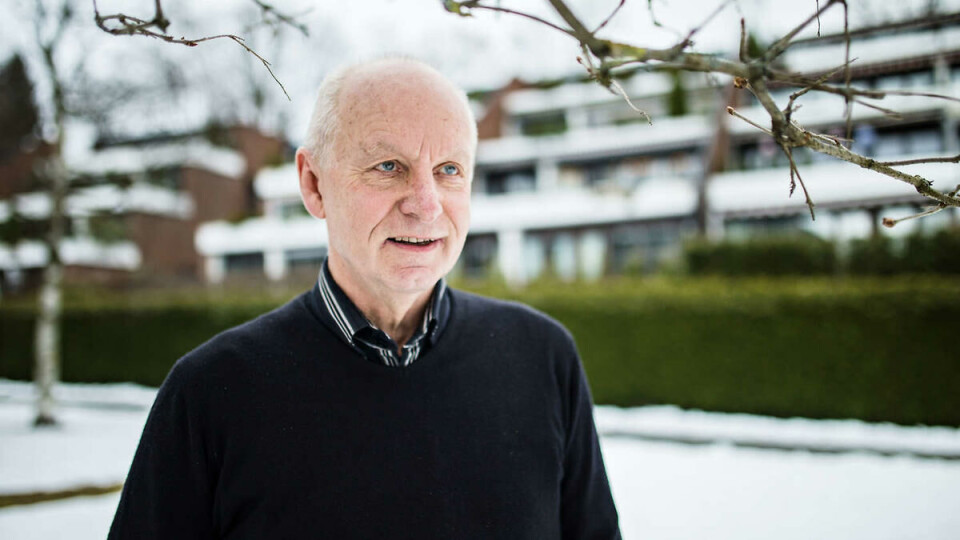
UiO to educate religious leaders within Islam
The new initiative will receive financial support as the Parliament voted to allocate funding to education.
Since its establishment in 1812, the study programs offered at the Faculty of Theology have largely been dominated by priesthood educational programs and a strong Christian focus. That dominance is now undergoing major change.
A natural evolution
In a press release, the dean of the Theological Faculty, Oddbjørn Leirvik, stated that the faculty has long been interested in establishing a master's degree for religious leaders, as well as an institute-led study program in Islamic theology. They now have the means to do so.
«More groups in society should have the opportunity to study theology within a university framework. As Islam is the second largest religion in Norway, it is natural to focus on it,» Leirvik said.
Can we call it imam studies?
«The program cannot be called imam studies for the time being. However, what we’re going to offer are good components toward such an education which can, in the future, become an adequate imam education. It also depends on what the religious Muslim communities want.»
A satisfied rector
On Dec. 19, the Parliament decided to allocate five million NOK annually to establish «a flexible education for religious leaders at the University of Oslo».
The desire for a new educational program for Muslim leaders was also recognized in the new government declaration signed at Jeløya. It states that the government will «follow up the establishment of an official Norwegian education for religious leaders from relevant religious communities»
UiO rector Svein Stølen, is pleased with the new initiative.
«Through the Faculty of Theology, the University of Oslo holds the country's leading academic community within the field. We thus see it as a natural part of our social mission to respond to the challenge we have been presented with», he said in the press release.
The Faculty of Theology has long been committed to expanding its study programs. In 2016, associate professor Safet Bektovic was the first person in the faculty's history to be employed in a position within theology-focused Islamic studies.
«We now have more students with a Muslim background, and it is more exciting when students from several cultures are in the same classroom. I am seeing an increasing interest in interreligious questions, from both Christians and Muslims,» he told Universitas last year.
































